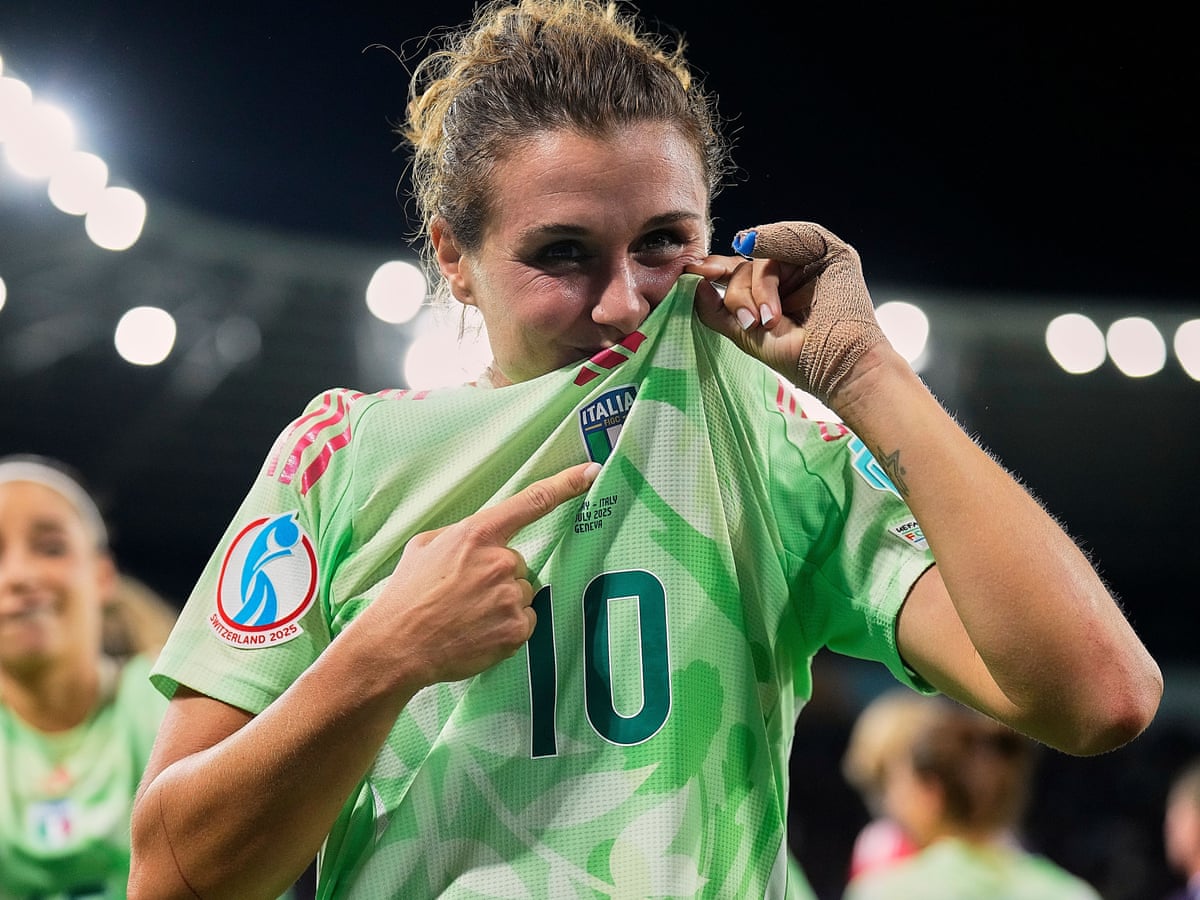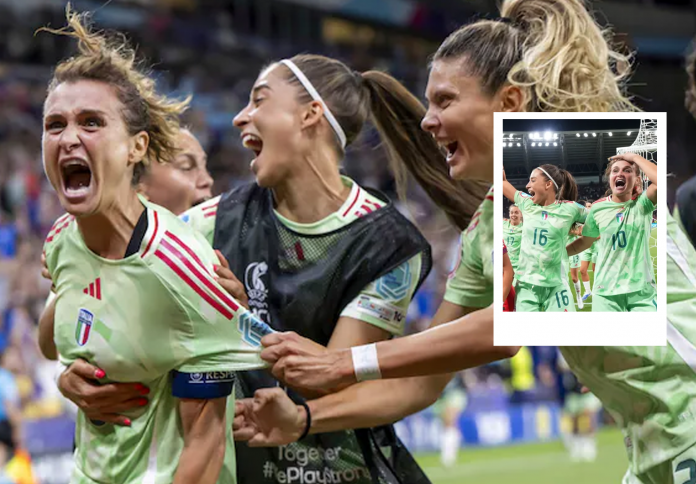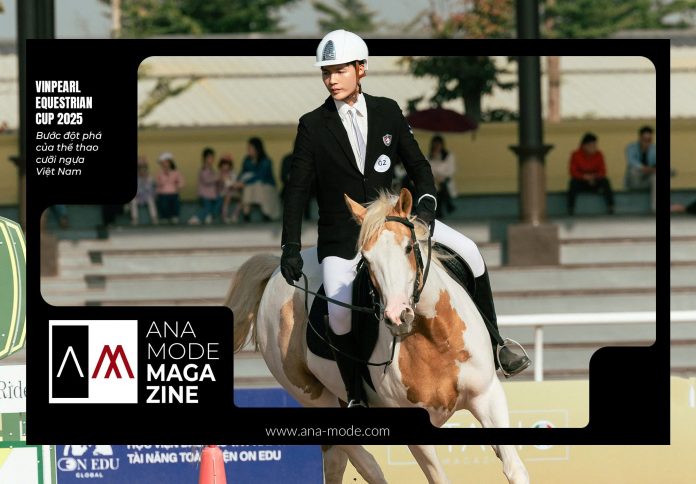Can past heartbreak become future triumph? As Italy enter the semi-finals of the UEFA Women’s Euro 2025 for the first time in nearly three decades, they are not just chasing history—they are poised to disrupt England’s path to another final. With momentum, grit, and a deep well of national pride, Italy are more than underdogs; they are a threat reborn.
A return to relevance after 28 years
Italy’s road to the semi-finals has reignited memories of their 1997 run, when they last reached this far in the competition. This summer, they finished second in Group B behind world champions Spain, beginning with a narrow 1–0 win over Belgium and a frustrating 1–1 draw with Portugal after conceding in the 89th minute. A 3–1 loss to Spain didn’t matter in the end—Portugal failed to beat Belgium, sending the Azzurre through.

Their quarter-final clash against Norway revealed both flair and fortitude. Captain Cristiana Girelli opened the scoring after several missed chances, and although Norway responded with an equaliser, Girelli’s dramatic header in stoppage time secured Italy’s place in the last four. It was a moment of ecstasy for a team that had often hovered at the edge of greatness.
The scale of their achievement is significant. Italy were present at the first Women’s Euros in 1984 and have played in nearly every edition since, but have only reached the semi-finals twice. After decades in the shadows, this resurgence is more than a fluke—it’s a reflection of long-building change.
The pioneers who paved the way
Italy’s recent success cannot be separated from the groundwork laid by its footballing pioneers. The professionalisation of the women’s game in Italy only became official in 2022, but it follows a lineage built by icons like Carolina Morace and Patrizia Panico.
Morace was a force of nature in the early days of women’s football, playing in six European Championships and the inaugural Women’s World Cup in 1991. She was also the first woman to coach a professional men’s team. Panico, her successor, became Italy’s most capped player with 204 appearances and remains the country’s all-time top scorer.
Their legacies helped shift public perception and institutional support. The 2019 World Cup quarter-final finish under coach Milena Bertolini captured the nation’s imagination, convincing the Italian Football Federation to invest further in the women’s game. The current squad stands on the shoulders of those who played for pride when there were few rewards.
A tactical team built for disruption
Italy may not have the squad depth or headline-grabbing stars of England, but what they lack in stature, they make up for in tactical sharpness. Under coach Andrea Soncin, they favour a wide game plan, stretching the pitch horizontally to force opponents into uncomfortable shapes.
Against Norway, they executed this flawlessly—wingers hugging the touchlines, midfielders switching the point of attack, and defenders transitioning with surprising speed. Their ability to overload one flank and suddenly switch to the other kept Norway pinned back. Similar tactics could frustrate England’s full-backs Lucy Bronze and Alex Greenwood, who prefer to push forward.
Though England remain tournament favourites, their back line has shown vulnerabilities, especially against quick, high-pressing opponents. Italy have scored first in every match so far, and their aggressive starts may cause England early problems. However, stamina may be their Achilles’ heel—Italy began to fade late against Norway, and their reliance on a tight core of starters may catch up with them.
Experience and youth in perfect balance
The heart of Italy’s threat lies in their captain, Cristiana Girelli. At 35, she brings not only experience but a deadly eye for goal—her two strikes against Norway showcased both finesse and timing. Despite being in the twilight of her career, Girelli is proving she remains Italy’s go-to game-changer.
She is supported by a dynamic cast. Sofia Cantore, ten years her junior, has provided key assists and tireless running. Barbara Bonansea offers width and cutting delivery, while Roma’s Manuela Giugliano orchestrates play from midfield—her five created chances against Norway were the highest of any player on the pitch.
Together, they form a balanced squad where each part amplifies the other. It’s a chemistry that grows with each match, and one that England will underestimate at their peril.
More than just a semi-final
For Italy, the semi-final against England is about more than progression—it’s about redemption, recognition, and rewriting a long-overdue story. They’ve come close before, but this time, they arrive with a professionalism, a belief, and a tactical plan sharpened by experience and guided by legacy.
England will step onto the pitch with a pedigree of recent triumphs, but Italy bring history on their backs and momentum in their stride. Whether they go all the way or fall just short, one thing is clear: the Azzurre are no longer outsiders. They are contenders—and Europe is finally watching.











